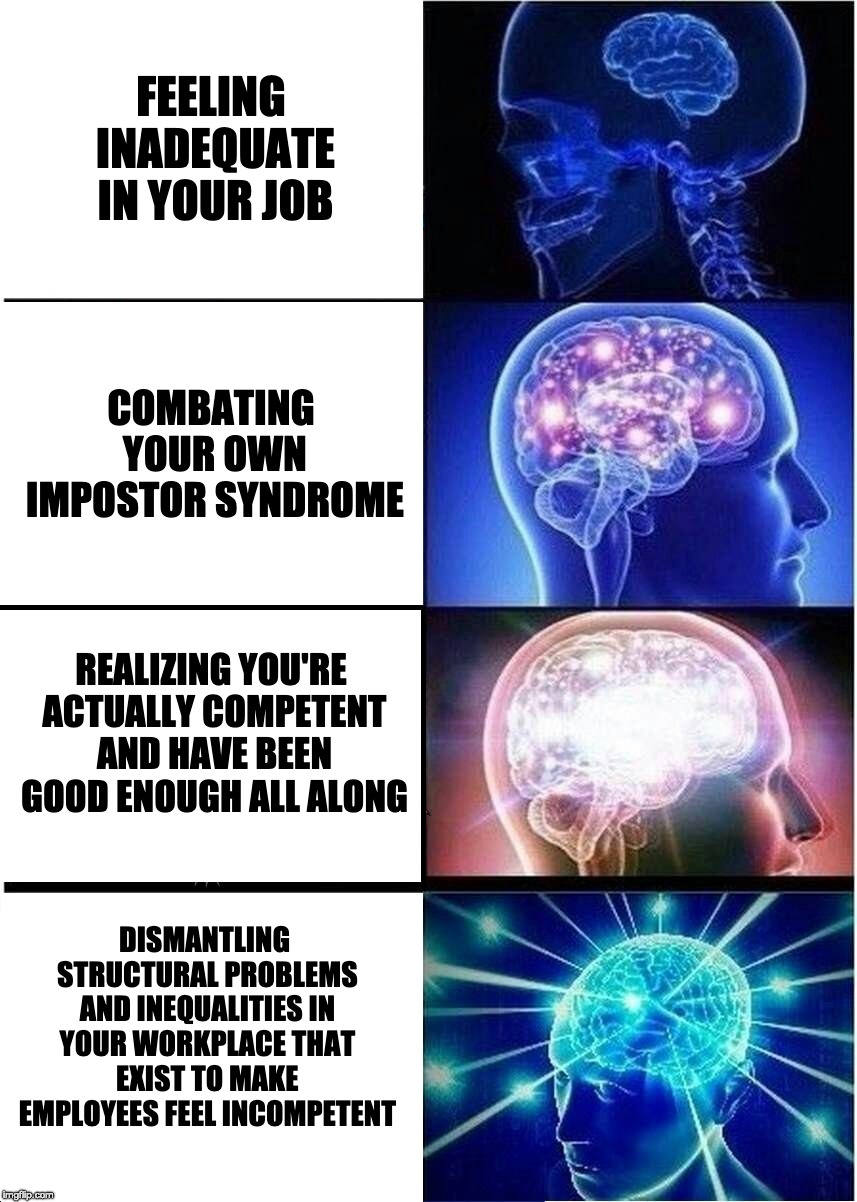The Science Behind Procrastination, Emotional Dependency, and Impostor Syndrome
The Science Behind Procrastination, Emotional Dependency, and Impostor Syndrome
Blog Article
In the modern age, many individuals struggle with mental and emotional challenges that affect their daily lives. Among these, procrastination, emotional dependency, and impostor syndrome are some of the most common challenges. But how can we overcome them?
This article, we will explore the root causes and strategies to address these three challenges. By understanding their impact and learning to manage them effectively, you can take control of your life.
What is Procrastination?
Procrastination refers to postponing important activities even when you are aware of the consequences. It often stems from fear of failure, lack of motivation, or poor time management.

The effects of procrastination, can be far-reaching. Overcoming procrastination requires developing better habits and breaking tasks into smaller steps. Consider techniques like the Pomodoro Technique or focusing on time-bound goals to stay on track.
What is Emotional Dependency?
Emotional dependency occurs when an individual relies heavily on others for validation, support, or happiness. Although relationships are fundamental, emotional dependency can become unhealthy when it leads to a lack of independence.

Symptoms often include a fear of rejection, difficulty making decisions independently, and constant seeking of external approval. Breaking free from this pattern, it’s crucial to develop self-awareness and cultivate self-reliance. Therapy, mindfulness practices, and journaling can be helpful tools.
Recognizing and Managing Impostor Syndrome
Impostor syndrome refers to a psychological phenomenon where someone feels like a fraud despite evident success. People with impostor syndrome often attribute their achievements to luck rather than skill or effort.

This mindset can lead to anxiety, self-doubt, and a fear of being “exposed”. Addressing this issue involves reframing negative thoughts and acknowledging personal successes. Engaging in supportive discussions and setting realistic expectations can support personal growth.
How to Address These Challenges?
To navigate these issues, consider the following strategies:
- Create a routine to combat procrastination and set achievable goals.
- Recognize triggers that contribute to your emotional reliance and work towards independence.
- Acknowledge your strengths regularly and seek professional guidance if needed.
sindorme do impostor
Long-term improvement requires persistence, so keep practicing these methods to achieve lasting transformation.
Conclusion: Taking the First Step
Procrastination, emotional dependency, and impostor syndrome may seem daunting, but they are manageable with the right strategies. With awareness and consistent effort, you open the door to personal growth.
Take the first step by recognizing these patterns in your life and adopting simple, actionable strategies. Remember: progress is a journey, not a destination.
Report this page